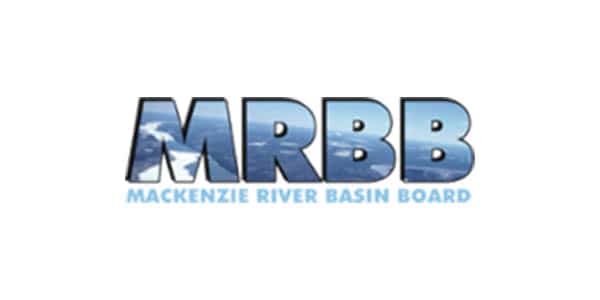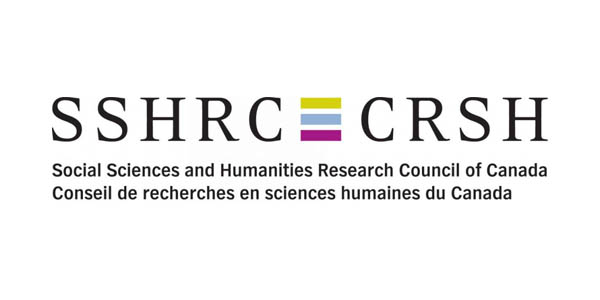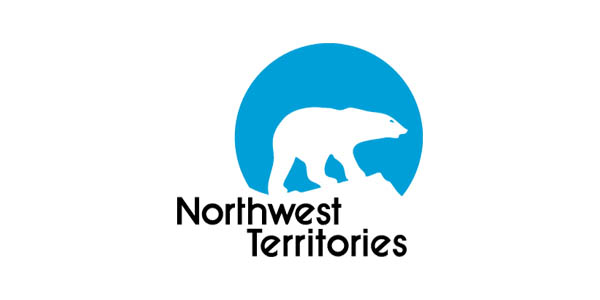Funders
The Tracking Change: Local and Traditional Knowledge in Watershed Governance Program was developed through a major Partnership Grant from the Social Sciences and Humanities Research Council of Canada (SSHRCC), and proudly supported by a variety of organizations including the Mackenzie River Basin Board (MRRB), the Government of the Northwest Territories (GNWT), the Government of Alberta (GovAB), the University of Alberta (UofA), and programs such as the SSHRCC Connections Grants.
The funding led to growing relationships with Indigenous partners representing more than 40 communities around the globe that facilitate capacity-building through community-academic collaborations in each of the sub-basins of the Mackenzie, the Lower Mekong, and Lower Amazon (Tapajos Sub-Basin). In Canada, partners include Akaitcho Territory Government; Athabasca-Chipewyan First Nation; Deh Cho First Nations; Dena Keyah Institute (DKI); Gwich’in Renewable Resources Board (GRRB) / Gwich’in Tribal Council; Inuvialuit-Canada Fisheries Joint Management Committee (FJMC); Katlodeche First Nation; Łutsël K’e Dene First Nation; Mikisew Cree First Nation; Nacho Nayak Dun First Nation; Prince Albert Grand Council; Sahtú Renewable Resources Board; Wek’èezhìı Renewable Resources Board; Treaty 8 First Nations of Alberta; Treaty 8 Tribal Association (British Columbia), as well as Ya’thi Néné Land and Resource Office, and programs such as the Arctic Borderlands Knowledge Coop, the First Nations Technical Services Advisory Group, the Keepers of the Athabasca, and the Saskatchewan Water Security Agency. These partners contribute important financial resources, and immeasurable in-kind resources to the community-led/community-based projects that are central to the program.
The partnerships began with the intention of building bridges between those most sensitive to social-ecological change in the Mackenzie-Mekong-Amazon and those involved in its’ governance. Working together with academics from multiple universities in multiple disciplines, the partnerships have increased the capacity of Local Traditional Knowledge (LTK) holders and partner organizations to bring forward knowledge they consider relevant to decision-making through the co-production of knowledge on key issues of common concern (e.g., effects of hydro-electric development on subsistence, climate change impacts on watersheds, etc). Advances in knowledge about the sustainability of freshwater fisheries, fishing livelihoods and wellbeing, and watershed governance are of global significance. The identified mechanisms and processes by which communities can continue to generate LTK (i.e., track changes) will build a legacy from the research partnership that extends beyond 2021.



